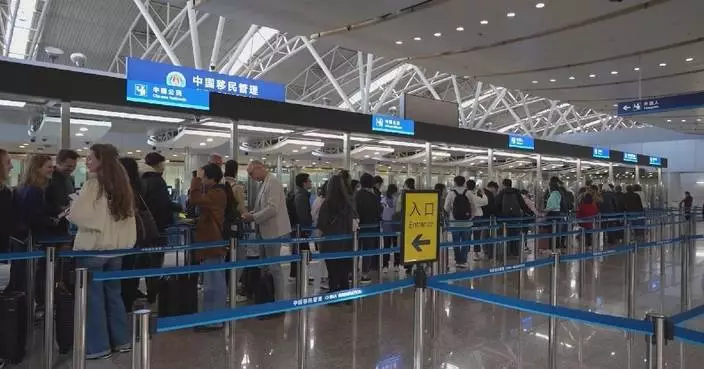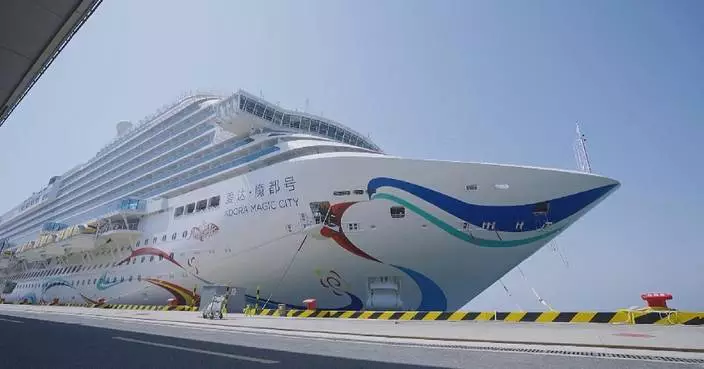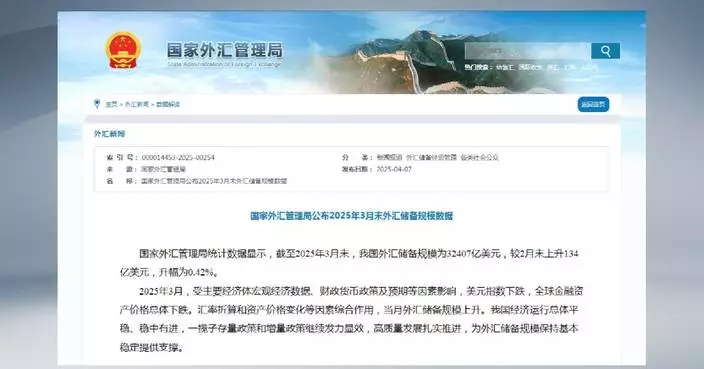European leaders have been giving their reaction to the new tariffs which were announced by U.S. President Donald Trump on Wednesday, with the move being met with widespread opposition as many warn of serious consequences for the global economy.
Trump on Wednesday signed an executive order on the so-called "reciprocal tariffs," imposing a 10-percent "minimum baseline tariff" and higher rates on certain trading partners.
In his speech at the White House Rose Garden, Trump presented a large chart showing how various countries and regions would face different tariff rates.
With the European Union facing a 20-percent tariff, Ursula von der Leyen, President of the European Commission, said on Thursday that the EU is preparing for further countermeasures should negotiations with the United States fail.
Von der Leyen warned that the new U.S. tariff policy would have a significant impact on the global economy and would drive up inflation, cause disruption, and affect all industries, ultimately harming global consumers. She mentioned that many Europeans feel disappointed by their "old ally" the U.S., but said Europe will stand united to face the current challenges together.
Multiple European leaders also responded to the new U.S. tariff policy, with many highlighting that the tariff measures would likely only prove detrimental to all parties involved, including the U.S. itself.
European Council President Antonio Costa described the U.S. actions as a significant economic mistake for the entire world, adding that a trade war between the U.S. and Europe would have global consequences. He said that the EU must respond to the U.S. tariff measures in a "firm and prudent manner."
Olof Gill, spokesperson on trade for the European Commission, emphasized that the U.S. tariff policy would harm the economies of the U.S., the EU, and the global economy as a whole.
Meanwhile, Manfred Weber, leader of the European People's Party in the European Parliament, said that Trump's move is not about defending fair trade but rather an attack driven by fear, which ultimately harms the interests of those on both sides of the Atlantic.
Irish Prime Minister Micheal Martin expressed "deep regret" over the U.S. tariffs which he said are "bad for the world economy" and have "no justification." Martin warned they could lead to inflation, harm people on both sides of the Atlantic, and put jobs at risk. He emphasized that Ireland would work with its EU partners to consider how to respond.
Italian Prime Minister Giorgia Meloni said the tariffs would have severe consequences for Italian manufacturers, and stressed Italy must strive to avoid a trade war that benefits no one. She also noted the tariffs would cause losses for the U.S. as well, and did not rule out the possibility of taking appropriate countermeasures in response.
British Prime Minister Keir Starmer said that a trade war is not in anyone's interest, but said the UK is engaging in constructive negotiations with the U.S. to try and reach a comprehensive economic agreement. At the same time, the UK is prepared for all possible outcomes and does not rule out any options, Starmer added.
Swedish Prime Minister Ulf Kristersson expressed regret over the U.S. attempt to restrict trade by increasing tariffs. He said that Sweden does not want to see increasing trade barriers and is not in favor of engaging in a trade war.
Meanwhile, Spanish Prime Minister Pedro Sanchez said that Spain will protect its businesses and workers and will continue to be committed to an open world.
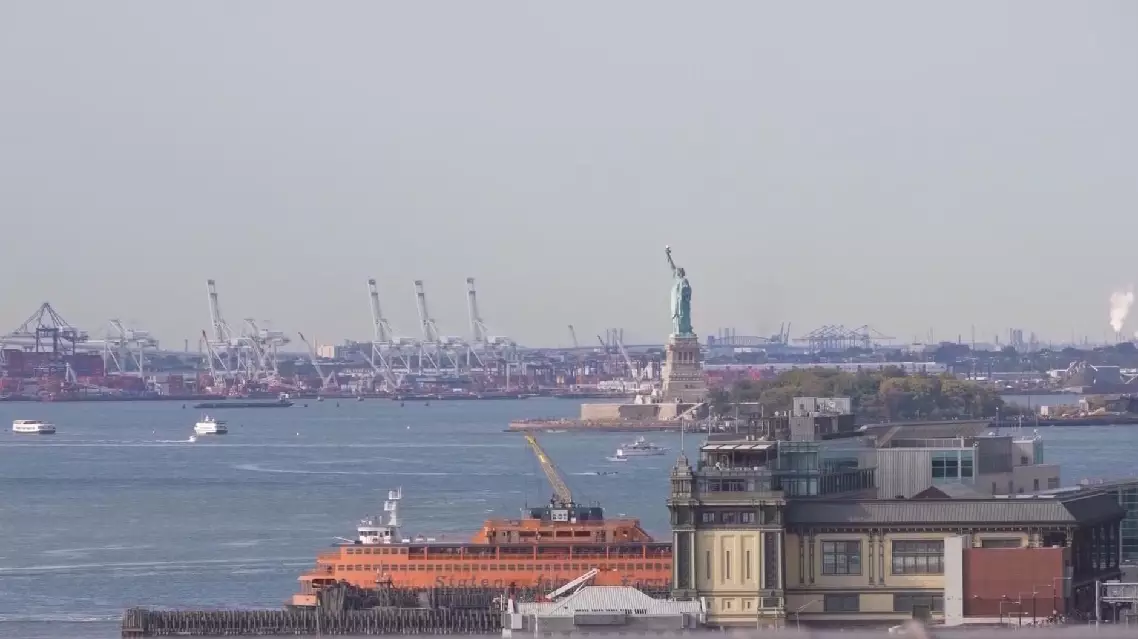
European leaders express regret over Trump tariffs as countries weigh up response
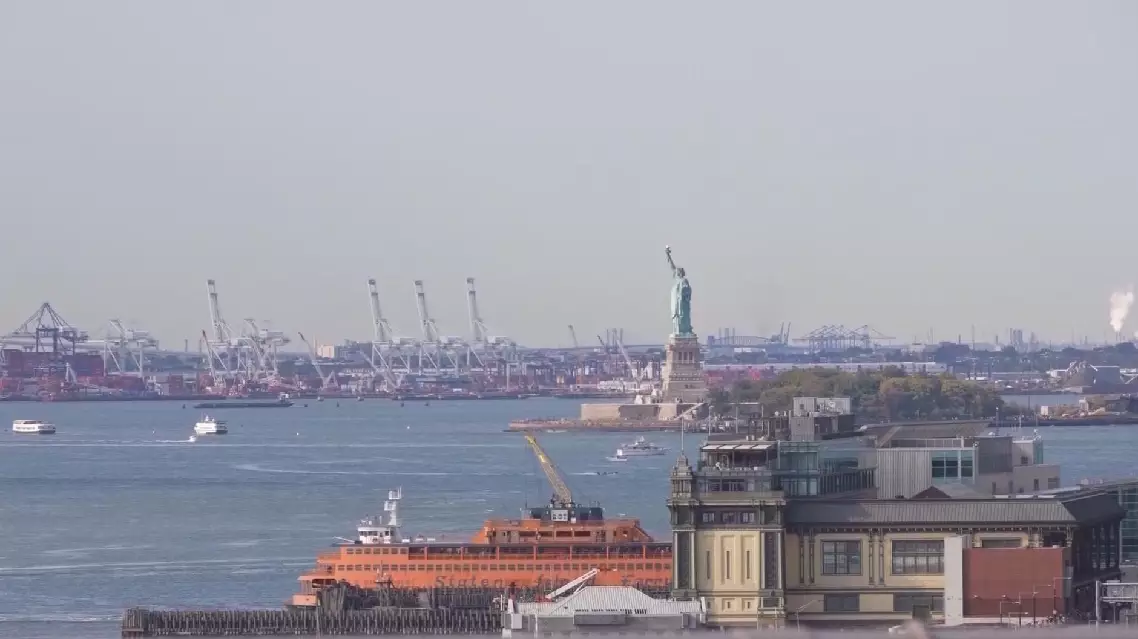
European leaders express regret over Trump tariffs as countries weigh up response




